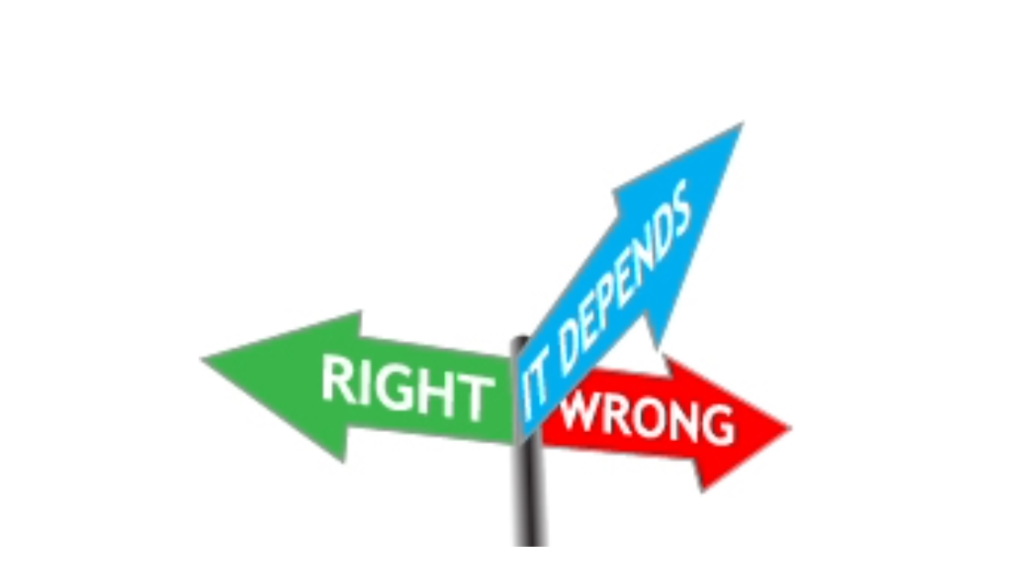This White Paper discusses Ethics in Business Decision Making.
An organisation is a collection of individuals and the way an organisation is perceived is a reflection of how the individuals within them behave and the decisions they make. This is a matter for serious consideration in a climate where many organisations have been revealed as making poor decisions and failing to reach the standards expected of them. One of the key words associated with the debate is ‘ethics’. The question often asked is
“Are organisations fully considering the implications of the decisions they make? Are they acting ethically?”
At Elgood Effective Learning, our specialist interest and expertise are around understanding organisations and recognising the factors that contribute to long-term sustainability. We believe that conducting business to generally acceptable standards with a robust decision-making process is critical for survival.
This paper is the start of our journey and is designed to stimulate debate around the subject of ethics in business decision making.
There are many business ethics definitions The definition provided by Institute of Business Ethics is ‘The application of ethical values to business behaviour.” In the dictionary, ethics is defined as covering “the rules and standards governing the conduct of an individual or group”.
At Elgood, we are interested in ethics a business context and how rules and standards guide decision-making. Specifically, we are interested in examining how ethics are applied to decision-making within organisations, where the main objective is to provide goods or services for a profit thus increasing shareholder value.
In exploring rules and standards, we are looking beyond the explicit legal regulatory framework, and considering both the implicit rules – ’the way we do things around here’ – and the possible links between how these rules are applied and the subsequent impact on an organisation’s performance. We want to get under the skin of ethics in business decision making.
As such our particular focus is on those decisions where the outcome is likely to have a significant impact on the long-term success of the organisation. So, this would not include the employees’ personal moral decisions that they might face at work. For example, do I claim expenses for a taxi fare when I actually walked to the meeting? Instead, we are focussing on decisions that determine how an organisation is perceived by key stakeholder groups, e.g. its customers and employees, and how these perceptions impact on the organisation’s ability to achieve sustainable growth. For instance, if we increase our prices by 5% above inflation to enable us to retain our profit levels, how will this be perceived by our stakeholders? Will it be seen as fair? These types of decisions are complex often requiring decision makers to juggle a range of stakeholder groups where the likelihood of everyone thinking the decision is without question the right one is unlikely.
To find out more about our views, our definition of ethics in business and one approach we feel will benefit decision makers and organisations read this white paper Ethics in Business Decision Making or the sister document Values-based decision Making: Establishing a cultural DNA.


